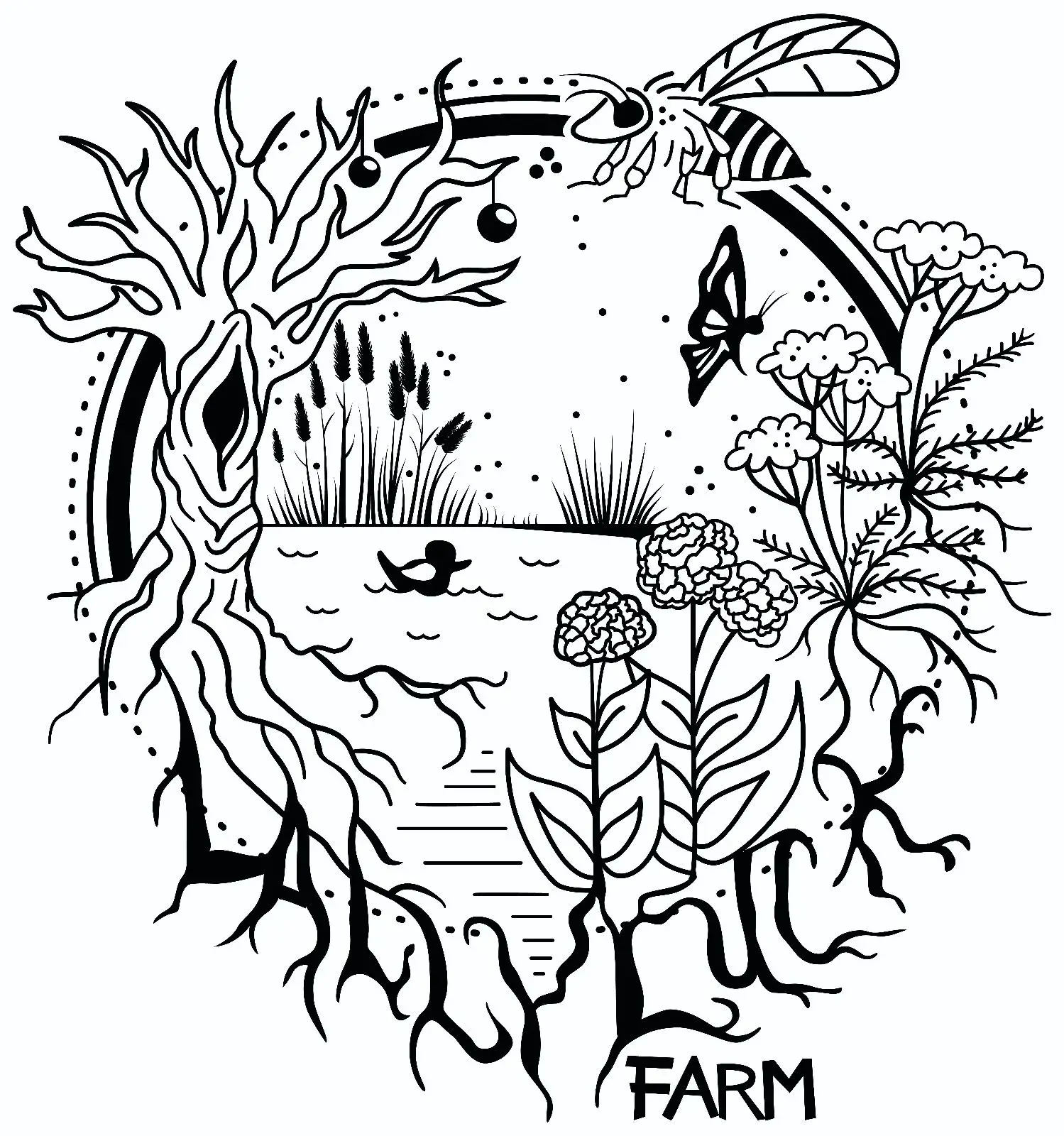We planted 3 pepper plants (poblano, jalapeño, and Anaheim) in a raised garden bed. Tomatoes in the same bed are doing just fine. We feel like they are getting enough watering but any help would be appreciated!
If they are getting enough water, then it could be either heat or too much sunshine. Try giving them some afternoon shade see if they get better.
But personally I haven’t able to save peppers that are this wilted.
Ah that is sad. We kind of figured it might be too late for them, but we will still try to save them.
they actually grow really well in large pot, so you might want to plant them in pot next time so it is easier to move them to different climate and shade.
Also depends on your region, I don’t think it is too late to start some seedlings, you might have some harvest before frost, they grow pretty fast.
That’s a great idea! We will for sure try that out!
Do you fertilize or sidedress with compost? Tomatoes and peppers tend to be heavy feeders. They need a lot of nutrients (but follow package directions if using fertilizer). And I can’t tell from the picture if the soil is mulched. Mulching goes a long way to help prevent soil moisture from evaporating, cooling the roots, and generally helping to limit the impact of extremes in heat and water availability on plants.
We may not have fertilized soon enough. We will see if we can give the peppers a fair shot. Thank you for your help!
Best of luck to you. For what it’s worth, I have a single pepper plant that looks beautiful, puts out a great succession of flowers, and is surrounded by pollinator plants. But it just hasn’t put out a single fruit yet. Oh well. It won’t deter me from planting again next year.
Just curious: by pollinator plants you mean pollinator attractors around your single pepper plant, correct? You may wish to use blooms that go to seed right before your peppers bloom. There’s lots of advice out there about planting flowers to get pollinators in the habit of being in the space where your food plants are growing, but not as many sources that talk about the scheduling of it all. For the best mileage out of that kind of setup you generally want pollinator attractors > food plants > predatory wasp attractors (pollinator plants with big flower pads, like umbellifers).
The idea of scheduled blooms to complement edible foods is an interesting one for sure. I guess I assumed that there is more wildlife wanting the flowery bits than I have flowery bits to offer, so that none would necessarily eclipse the other, if that’s what you were meaning. My pepper plant is in a pot in the thick of lavender, rudbeckia, alyssum, basil that has gone to flower, and a couple other things. Everything seems pretty well occupied at the moment since it’s all in full bloom, with different types of insects specializing in feasting on different plants.
I don’t necessarily want to think too hard about it. My tomatoes are in the backyard, and they’re doing fine. I added the pepper plant to a container with petunias, coleus, and lantana just to offer some height and to help shade the coleus (the sprawling petunias are doing just as well of a job at that). But it’s fun to think about how to time things just right, if not also somewhat difficult. Similar to cooking.
In any case, my perennials are there and getting fully established so the best I could do would be to maybe change location of my peppers next year. But the season is still young. I have hope.
Hah I don’t mean to pressure you, I just spend a lot of time thinking about producing food from gardens. You’re totally right, though, it’s still early in the season, and if your garden is providing you joy, then it’s doing its job!
I’m … not great at the timing of it all, but we do stage early ephemerals around our earliest flowering fruit trees and shrubs. Once the season gets going it’s difficult to get just one thing to be in flower so we often leave high summer as its own free for all.
How hot is it where you’re at? I have some overwintered peppers that are still full of fruit that set earlier in the season, but pretty much every flower has fallen off for a while now. High heat doesn’t reduce flowering much, but it does dramatically stop fruit production.
If you’re in the US, I’m in a hardiness zone of 8b/9a though. We have a very long growing season so I know I’ll get a fall harvest as well out of both new and old plants.
Zone 7b. It’s low- to upper-80s lately, but it does get a bit of afternoon shade. I see a new cluster of flowers taking shape, so I’ll keep an eye on them and maybe do some pollinating of my own.
Hmm that doesn’t seem like it’d be hot enough to cause consistent drop assuming nighttime lows are at least getting to 70.
I do some self pollination on the plants I baby the most, but a big help for me was when I started actually changing what I fed throughout the growing season. A lower N, higher P fertilizer when I wanted to switch from growing to fruiting helped me get a lot more fruit.
My experiences match @baseless_discourse@mander.xyz’s in that they may be too far gone. That said, it would be worth giving them some additional water, some shade for the hottest part of the day, and maybe some light-colored mulch around the bases. Having them so close to the house may be creating a warmer microclimate, which can be tough on young peppers. Looking at the tomato in the foreground, I suspect that there’s a case of not enough water - there’s a considerable amount of leaf curling going on.
We will try that. We have a shade screen coming today to help but are worried it might still be too late. They are getting as much extra care as we can give without smothering them.
I’ve had plants come back from worse than this, so I wouldn’t necessarily say these are goners yet. When it gets hot enough and they’re in too much sun, even some of my healthy peppers will look like this before perking back up after getting watered that night.
Like everyone else said, they’re stressed out and need some shade.

In case anyone here is interested they are doing better. Mulch, fertilizer, a little more shade, and some care and they are recovering.



